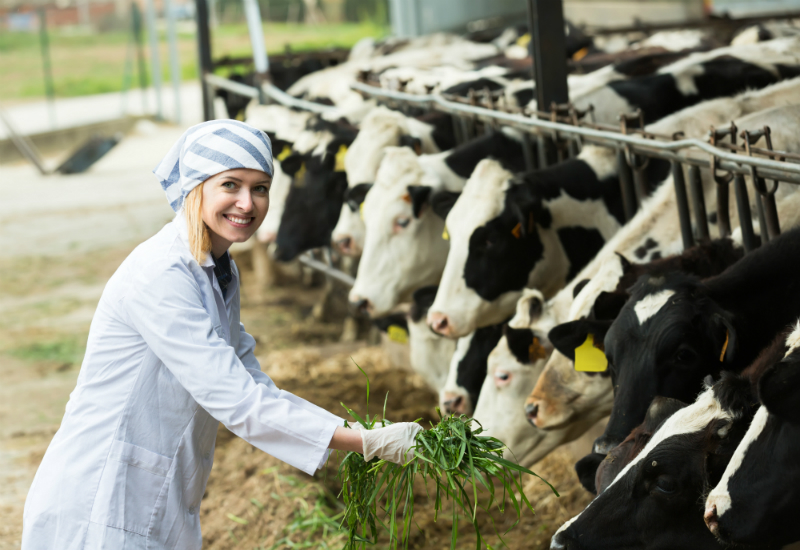As the globe grapples with the mounting consequences of climate change, carbon sequestration has emerged as a critical alternative for reducing atmospheric carbon dioxide levels. Carbon sequestration is the act of absorbing and storing carbon from the atmosphere in plants, soil, and other naturally occurring systems. This concept has important implications for agriculture, as sustainable techniques can help to trap carbon and improve soil health. In this post, we’ll look at how carbon sequestration works and why it’s important for the future of sustainable agriculture.
How Does Carbon Sequestration Work?
Growing cover crops, reducing tillage, and increasing soil organic matter primarily perform carbon sequestration in agriculture. These strategies encourage carbon storage in the soil, which is an important step toward reducing greenhouse gas emissions. Plants naturally catch carbon dioxide during photosynthesis, storing it in biomass and transferring part of it to the soil. Sustainable farming strategies store carbon for extended periods of time, reducing the negative effects of excess carbon in the atmosphere.
Advantages of Carbon Sequestration for Farmers
In addition to environmental benefits, carbon sequestration provides farmers with numerous advantages. One of the main advantages is increased soil fertility. Farmers can increase soil organic matter to improve water retention, nutrient availability, and support the growth of better crops. Furthermore, carbon sequestration strategies limit the use of synthetic fertilizers, resulting in more cost-effective and ecologically friendly farming operations.
Future Prospects for Carbon Sequestration in Agriculture
With the growing demand for climate-smart agriculture, carbon sequestration has the potential to alter global farming practices. Governments and international organizations are acknowledging agriculture’s role in mitigating climate change, and carbon sequestration measures are gaining popularity. As farmers continue to use these practices, the long-term prospects for sustainable agriculture remain positive.
Supporting Agricultural Sustainability
Promoting sustainable agriculture practices such as carbon sequestration benefits both the environment and rural communities. Farms may contribute to the fight against climate change by incorporating these strategies, which also improve soil health and productivity.
Partnering with Nature to Enhance Crop Yields and Environmental Stewardship: Groundwork BioAg
Groundwork BioAg specializes in mycorrhizal inoculants that improve soil health and crop yields. Their cutting-edge solutions assist farmers in incorporating carbon sequestration strategies into their operations by strengthening root systems and boosting healthy plant development. Their solutions aim to fortify agricultural systems and foster enduring sustainability.
